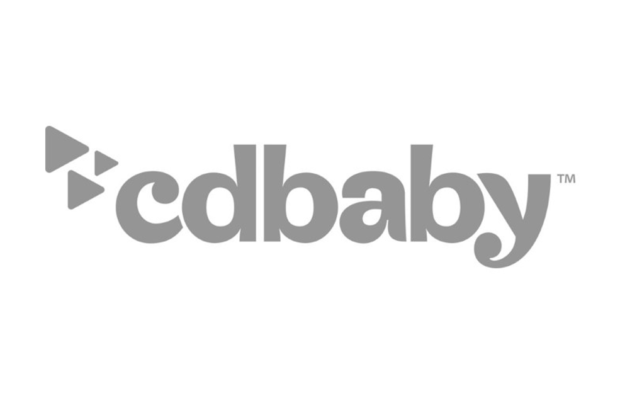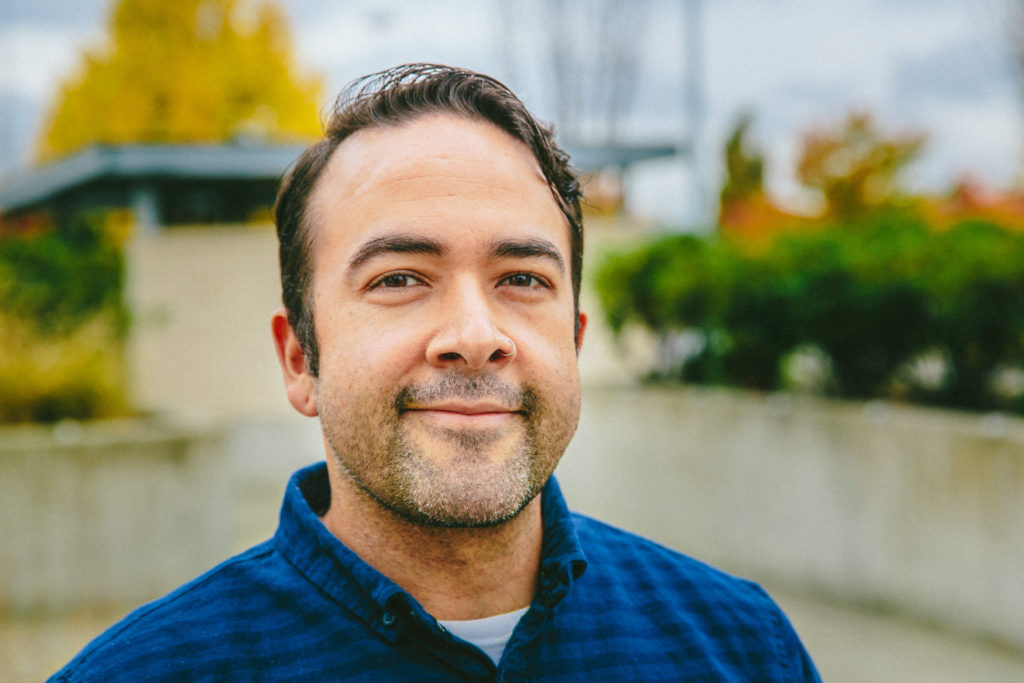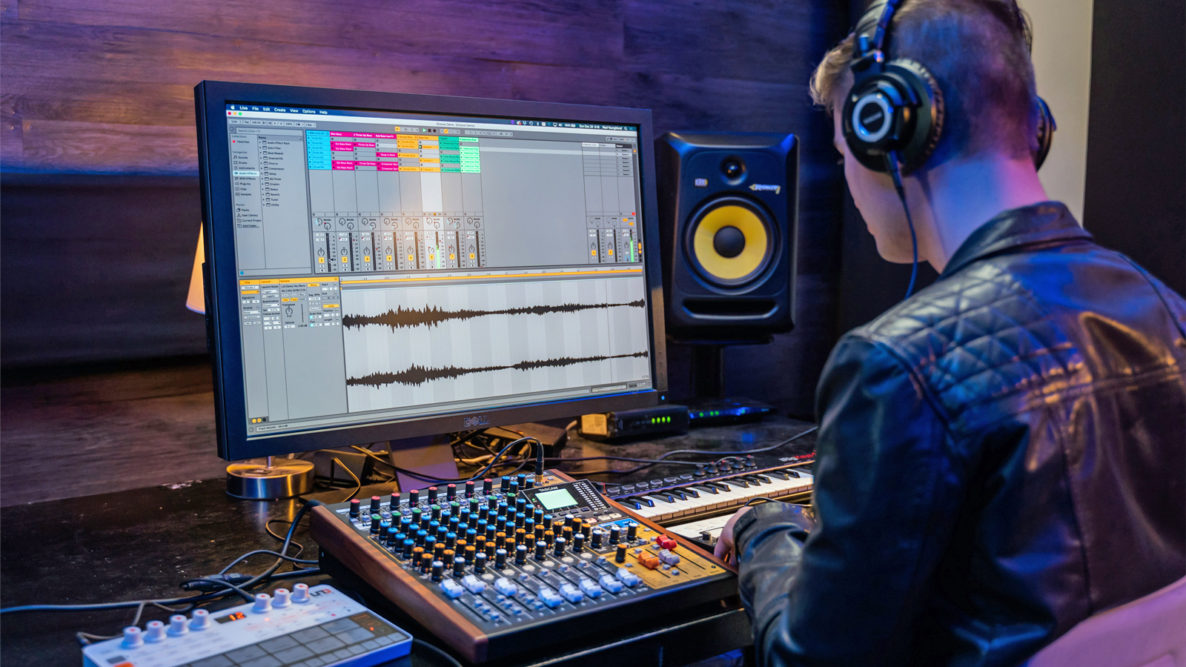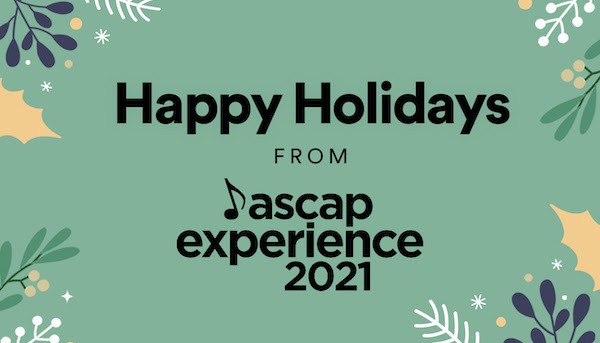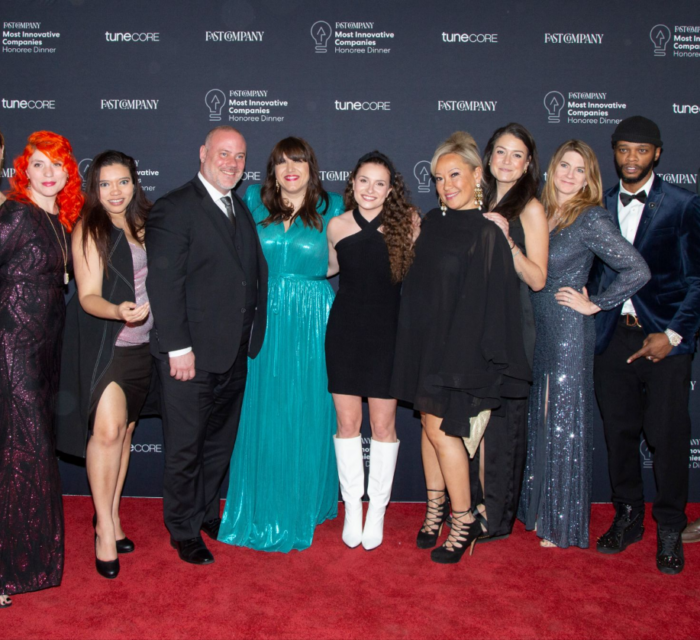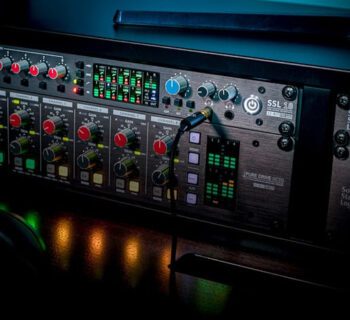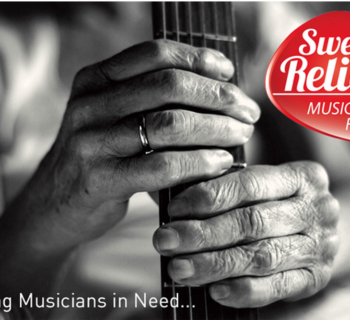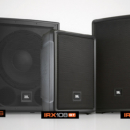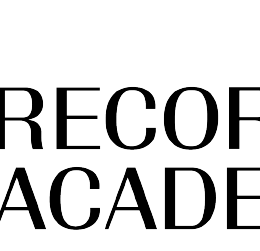Downtown Music Holdings’ CD Baby has announced that it has paid out more than $1billion to its artists since the company’s 1998 founding. To achieve this, the company has empowered more than a million artists worldwide to distribute 10 million+ tracks to listeners.
“For us, it’s not just about how much the top earners make, but also about what the payout means to all of the unique artists we work with who are charting their own course, based on their creative vision and their personal versions of success,” says CD Baby President Joel Andrew. “Our mission has always been to work as hard as possible to serve musicians dedicated to doing their own thing, their way. Our success is a reflection of their success.”
The $1-billion figure is more than a number to the artist services company; it’s a sign of the strength of the community of independent musicians and creators who have coalesced around CD Baby. Independent musicians like the ones CD Baby serves have grabbed an increasingly large market share of the music business. The independent music sector grew to more than 43% of the total global market by ownership in 2020 according to an October 2021 report from MIDiA.
CD Baby has been a key player in this trend, as the first and one of the few remaining independent music distributors. Run largely by artists for artists, it has spent over two decades empowering independent musicians through industry-leading service, self-promotion tools, expert guidance, and strong partnerships with the world’s biggest music and social platforms. It has also devoted itself to in-depth education for independent artists, launching a wildly popular blog, the first podcast dedicated to DIY musician issues, and the first conference for independent musicians.
CD Baby’s relationship with Downtown began in 2014 with the launch of CD Baby Pro, a songwriter royalty collection solution for CD Baby clients utilizing Downtown’s Songtrust platform. Downtown acquired CD Baby in 2019 and has invested significantly in enabling the company to drive innovation in the technology, tools and resources that help level the playing field for artists at all levels.
“As business partners since 2014, we appreciated the depth of CD Baby’s organization and its incredibly loyal client base, two key drivers of our acquisition,” said Downtown CEO, Andrew Bergman. “Unique in the industry, they have long understood that not all creators are the same, each having their own story, ambition and art to share. With CD Baby now leveraging resources across Downtown’s platform, including technology, royalty collection, global licensing operations and capital, we are able to drive equity and innovation to all creators at an accelerated pace.”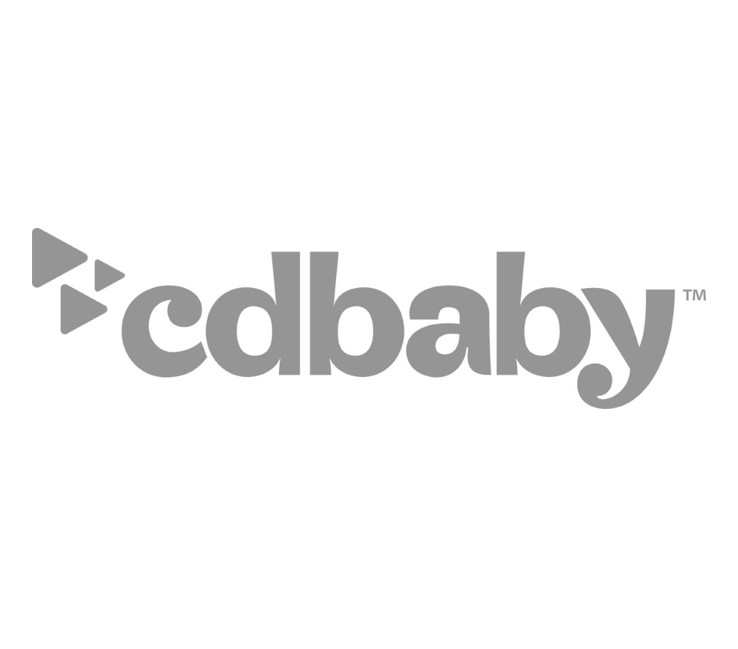
Downtown, which has a global team of 600 employees in over 20 cities, is the world’s leading music services provider. Today, millions of artists, songwriters and enterprise clients from over 145 countries, including many of the largest music, entertainment and gaming companies, manage over 23 million music assets on its platforms.
While they have access to top tier rates, for many CD Baby artists, the money they earn means more than mere income; it gives them direct encouragement and a tangible sense of validation for their artistic endeavors. “Earning money has helped me in the sense that I can replace equipment when things go faulty,” says East Coast-based soulful pop/R&B artist Lee Wilson. “But beyond the practical, the money has helped me focus more on music and has enabled me to go down to part-time in my day job, instead of full-time. Hopefully one day, I’ll be able to transition full-time into music alone.”
“It feels very good to have substantive rewards for my work, as part of a positive feedback loop. It gets hard to be creative in a hermit-like vacuum—especially during a pandemic, when live performance is not an option,” explains ambient/electronic artist Robert Rich, who’s been working with CD Baby since 2004. “Seeing some income is a reminder that people do actually listen and care about the music.”
It can also encourage an artist to keep pursuing their creative vision. As UK trance vocalist and songwriter Natalie Holmes puts it, “Earning money from what I do has helped me to improve my own confidence, which in turn spurs me on to get better with everything I create.”

